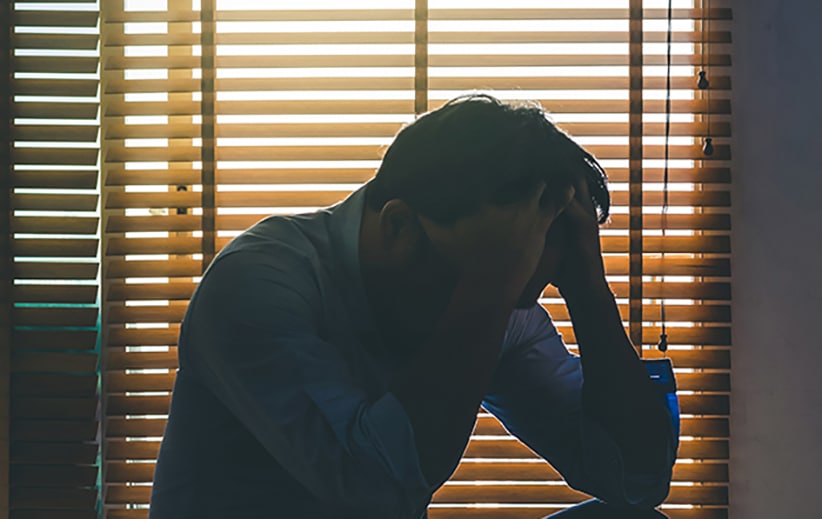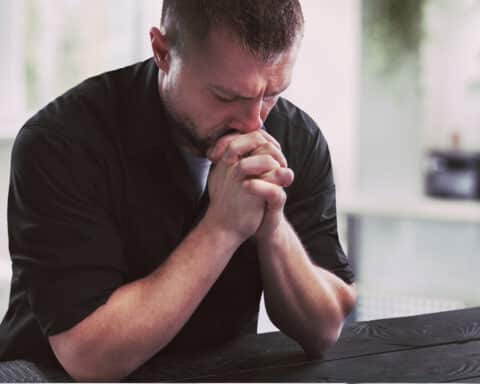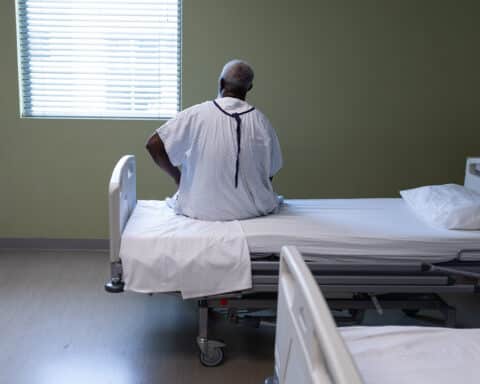Question: I am having a disagreement with a friend. She says masturbation is a mortal sin. I say it is not. Who is right?
— Name, location withheld
Answer: When we speak of a sin being mortal or venial, we speak in an objective sense that is not always able to take into account a number of subjective (or personal) factors. And these personal factors may reduce one’s culpability (or blameworthiness). Thus missing Mass is objectively a mortal sin; however, an individual may miss Mass by accidently oversleeping, illness or forgetfulness. These factors may reduce one’s culpability to a minimum, especially in the case of illness.
It is similar with masturbation. It is, objectively speaking, a mortal sin. The Catechism says that it is “an intrinsically and gravely disordered action. The deliberate use of the sexual faculty, for whatever reason, outside of marriage is essentially contrary to its purpose. For here sexual pleasure is sought outside of the sexual relationship which is demanded by the moral order and in which the total meaning of mutual self-giving and human procreation in the context of true love is achieved” (No. 2352).
However, the Catechism goes on to add that “to form an equitable judgment about the subjects’ moral responsibility and to guide pastoral action, one must take into account the affective immaturity, force of acquired habit, conditions of anxiety or other psychological or social factors that lessen, if not even reduce to a minimum, moral culpability” (No. 2352).
And thus personal factors weigh heavily in this matter. Other sexual sins usually require a person to actively seek occasions for sin by looking at pornography or seeking the company of others and planning to be alone with them. But one cannot simply get away from oneself or one’s own thoughts. Self-mastery with regard to masturbation and the sexual thoughts that precede it is often a long journey.
This does not mean there is no sin in masturbation. Even if it is not always mortal, it is still sinful and one bears the guilt of committing this sin. Regular confession remains essential. No one is a judge in his own case, and one ought to consult with a confessor, especially if masturbation is a frequent problem. A good confessor can give a pastoral plan for those who struggle with this and other sins.
Sacrifice of praise
Question: In Eucharistic Prayer I, there is a phrase that implies the laity can make their own offering: “or they offer it for themselves. …” What does that mean?
— Name withheld via online comments
Answer: The line you reference says, “For them, we offer you this sacrifice of praise or they offer it for themselves and all who are dear to them: for the redemption of their souls, in hope of health and well-being, and paying their homage to you, the eternal God, living and true.”
While only the ordained priest can act in the person of Christ and confect the Eucharist, all the baptized share in the royal priesthood of Jesus, since they are members of his body. The essential duty of priests is to offer sacrifices to the Lord. Thus each member of the faithful is called to bring to the sacred liturgy a sacrifice of praise, or prayer and a sacrifice of our very selves. No one should come to the Lord empty-handed. We join our praise and sacrifices to the perfect offering of Jesus.
In the New Covenant, priest and victim are one and the same. Thus we should offer our very self to the Lord in each Mass.
Msgr. Charles Pope is the pastor of Holy Comforter-St. Cyprian in Washington, D.C., and writes for the Archdiocese of Washington, D.C. at blog.adw.org. Send questions to msgrpope@osv.com.





